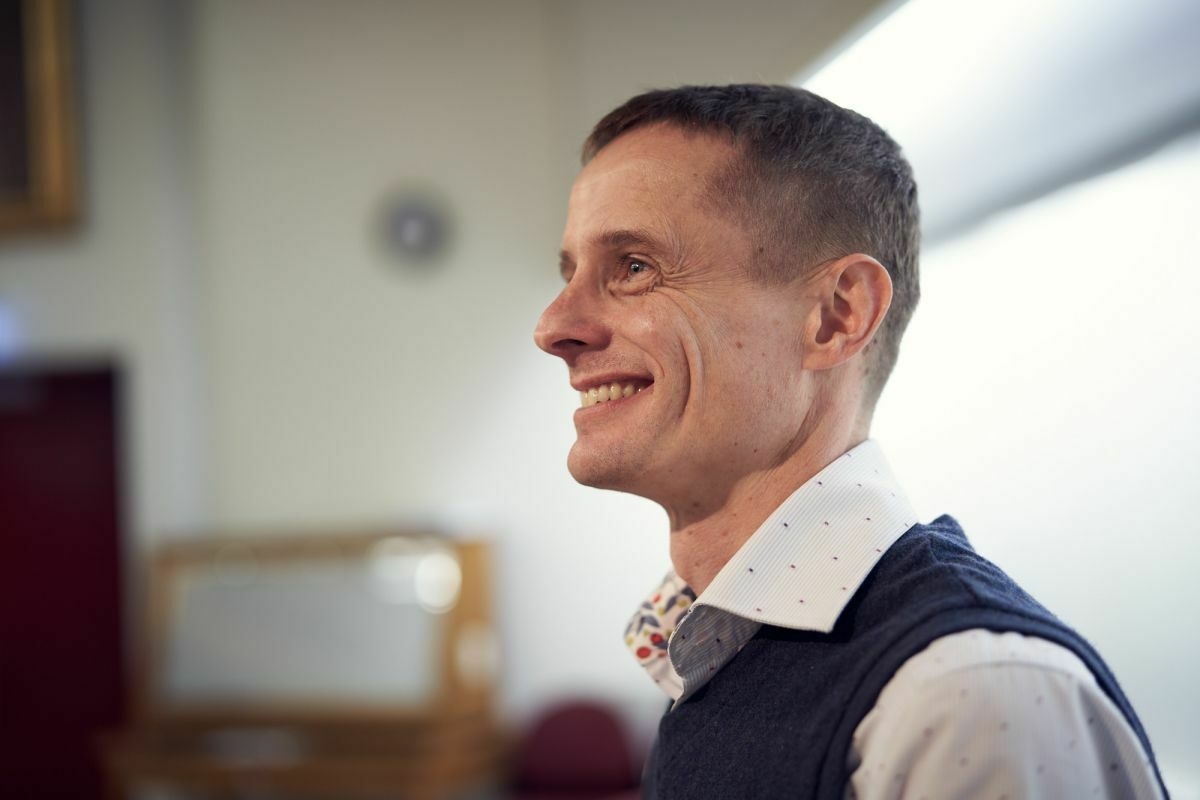
Automated insulin to improve health outcomes for young Māori and Pasifika with Type 1 diabetes
Automated insulin to improve health outcomes for young Māori and Pasifika with Type 1 diabetes
One in four newly diagnosed Type 1 diabetics are non-European, and most of them are Māori and Pasifika. Research has revealed that young Māori and Pasifika people are more likely to have long-term complications from Type 1 diabetes, compared to young New Zealand Europeans. The inequity gap becomes evident just 12 months after diagnosis.
Through earlier work conducted by Dr Mercedes Burnside (Ngāti Toa) with Assoc Prof Martin de Bock’s research team, it was shown that access to an automated insulin delivery system could be the great equaliser.
This new research will utilise gold standard automated insulin delivery from diagnosis, embedded within a culturally-appropriate supportive framework, to see if ethnicity-driven diabetes disparities can be eliminated early in the diabetes journey. Using blood sugar measures, the team aim will assess the impact of an automated insulin delivery system for 12 months following diagnosis, compared to non-Māori/Pasifika

Help fund our big research.
Every bit helps.
